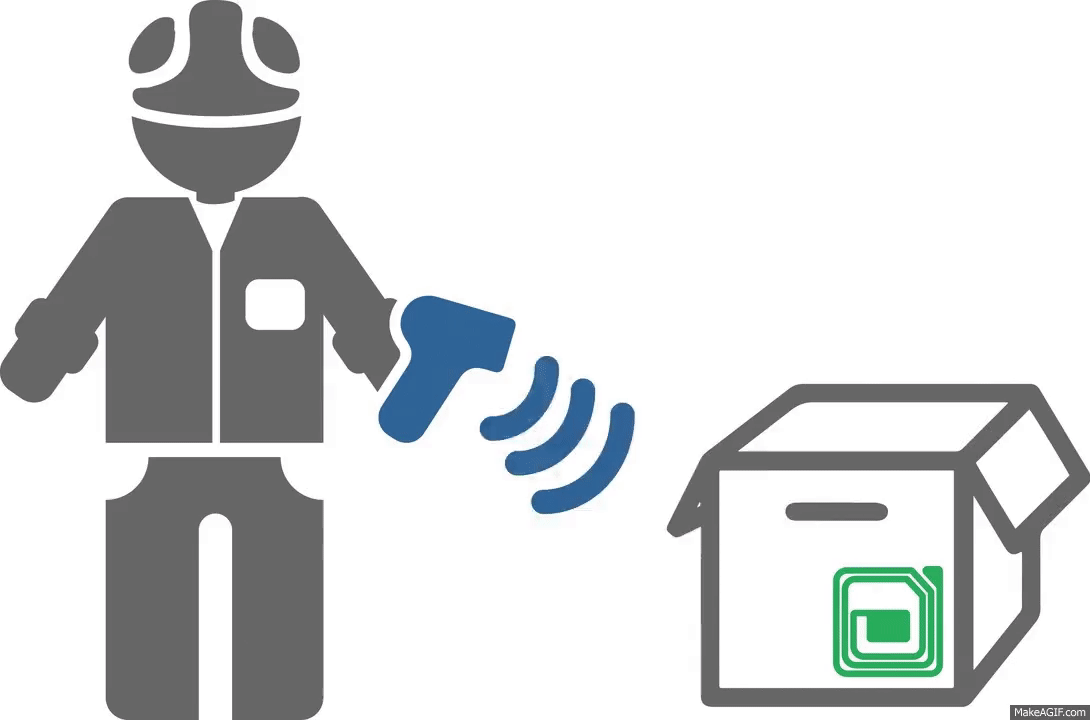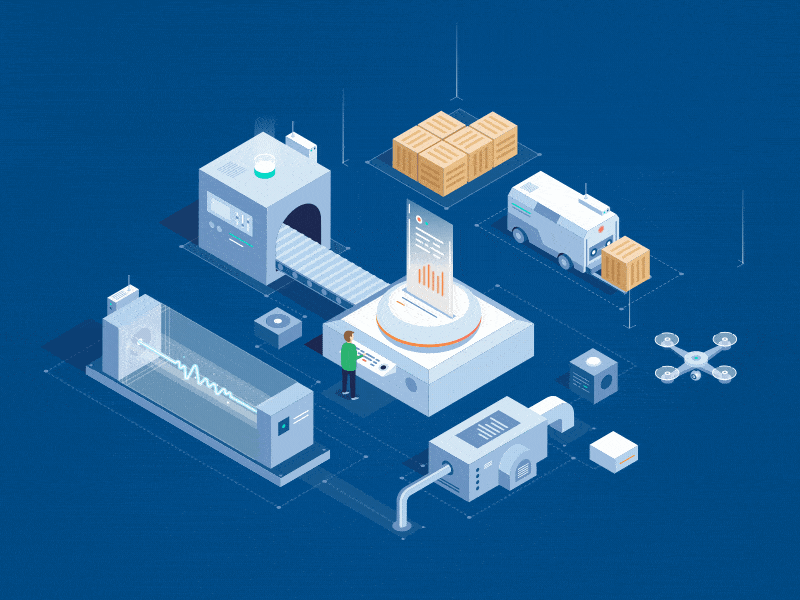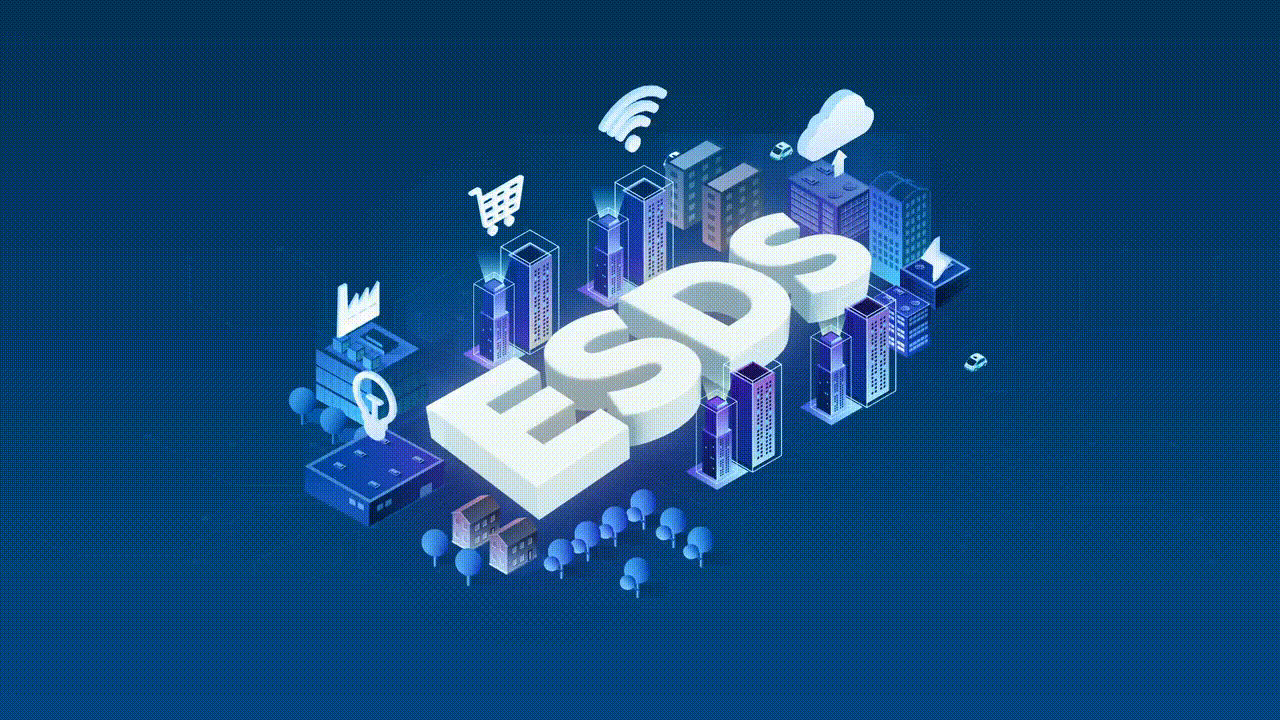How Is IoT Transforming The Business World?
Internet of Things shortly known as IoT has revolutionized the current era by improving the quality of human lives. The emergence of IoT, aided by robust networking infrastructure and improved capabilities of modern computing appears like a natural advancement. IoT is touted as the next internet since a wide range of hardware and applications shaping Internet of Things ensures the devices are labelled as ‘smart’. According to a recent survey, the worldwide IoT market is likely to grow by 7.1 trillion by 2020. IoT has not only modernized the industrial sectors but has also changed the way we run our business. A businessperson should stay ahead of the ‘consumer’ curve, identify trends before they trend and know the consumer wants before he is aware of it.
Probably the phrase, “data is king” sounds to be true in this digital era. More or less, every trait of our lives today generates data. Internet of Things brings smart devices that track your heartbeats, location and many more. We are emerging into the world of IoT, where these insights benefit each one of us, the customers and product makers. The utility of IoT in the business realm is no different. IoT devices allow recording and transferring data to monitor the critical process, delivering new insights to boost efficiency and enabling the enterprises to make more informed decisions.
Here is how IoT is making a dent in the business world.
1. IoT Driven Inventory Management
IoT data analysis is the building block for improving track and traceability performance and product value. A recent survey says 33% of manufacturers use IoT applications for inventory management. The enterprises using these IoT based inventory management save 18 hours per month and reduce the probability of human error. Every individual item tracked in an inventory management solution centred on IIoT and RFID receives an RFID tag. The unique identification number in each tag encodes digital data about an inventory item.

An IoT driven inventory management architecture can forecast the number of raw materials required for the forthcoming production cycle. It provides real-time updates to the inventory managers, including the flow of raw materials, works in progress and the status and location of finished goods. It sends an alert for a lost inventory item, notifies the need to stock up the materials, etc. It lays a solid foundation to digitalize the manufacturing ecosystem.
2. Productivity and Efficiency
Internet of Things and Industry 4.0 have together revolutionized the manufacturing industry, creating smarter and more data-driven manufacturing processes. Since IoT is making its way onto the production floor, the concerns like low efficiency, lack innovation, time to collect data and high supply chain related costs have today become a thing of past.

IoT sensors in the manufacturing systems are the replacement for human judgements. They monitor the machine performance, generate data to track equipment condition, eliminate line performance bottlenecks and inform when the machines need servicing. This enables the machines and equipment to operate efficiently, leading to higher uptime, lesser scrap and low operating cost. This results in quality and production being augmented.
3. Asset tracking and Waste Reduction
The drive to reduce waste is very much linked to efficiency and productivity. IoT tracking is vital for waste reduction in factories. The asset monitoring IoT platforms are configured to automatically notify the asset location information if it has not moved to the next stage in a stipulated amount of time. IoT makes it possible to monitor the vast amount of assets reducing human errors.
The asset monitoring driven by IoT sensors helps to lower the safety margin in the supply chain. It can detect the issues ahead in time and help to reduce the defects and the waste, thus saving cost.
4. Skilled Workers
The reality that IoT devices and software need a basic understanding of the technology and ability to interact with it makes it crucial for businesses to look for skilled workers capable of handling the technology efficiently. An individual who can barely use IoT technology will not only waste time and money but will have a severe negative impact on business productivity.

Companies have also started investing their time and money in training their employees, hiring a new specialist and driving the organization change to digital transformation. Not only the programmers and developers need to be specialized in IoT technology, but the network engineers also need to be updated to connect everything. Also, we need cybersecurity experts to keep the system protected from hackers since every device connected to the internet is vulnerable to cyber threats. If the number of businesses recruiting such individuals to grow, the percentage of inclination towards modern technology will rise, enhancing the value for future endeavours.
The Future Awaits
IoT in the business world is a part of a more comprehensive digital transformation strategy. IoT technology has given us the smart homes and now it is time for smart factories to modernize the business world. A few businesses have already accepted the change to drive the digital transformation in the organization. Such companies will surely witness a higher growth graph soon. The business organizations still sceptical about this driving change will quickly find it difficult to compete in this technology-driven era.
IoT has made businesses more customer focussed than making them product-centric. It is a value proposition for enterprises since it brings together data and intelligence to deliver innovative ideas for doing business. The data extracted from the sensors and devices across the enterprises in the world enable the business leaders to have in-depth opinions on the customer requirements in a way that was not possible earlier. IoT will soon take this era to a new frontier soon.
- Digital Transformation Paves the Way for the Finance Industry - July 29, 2021
- Embracing Change – How Banks are Adopting Digital Innovation - April 19, 2021
- How the Indian Education Sector is Embracing Cloud Computing - November 13, 2020

Really it is an interesting and informative article. I Got some good idea by reading this topic. Thanks for sharing your view.- cnc training in chennai